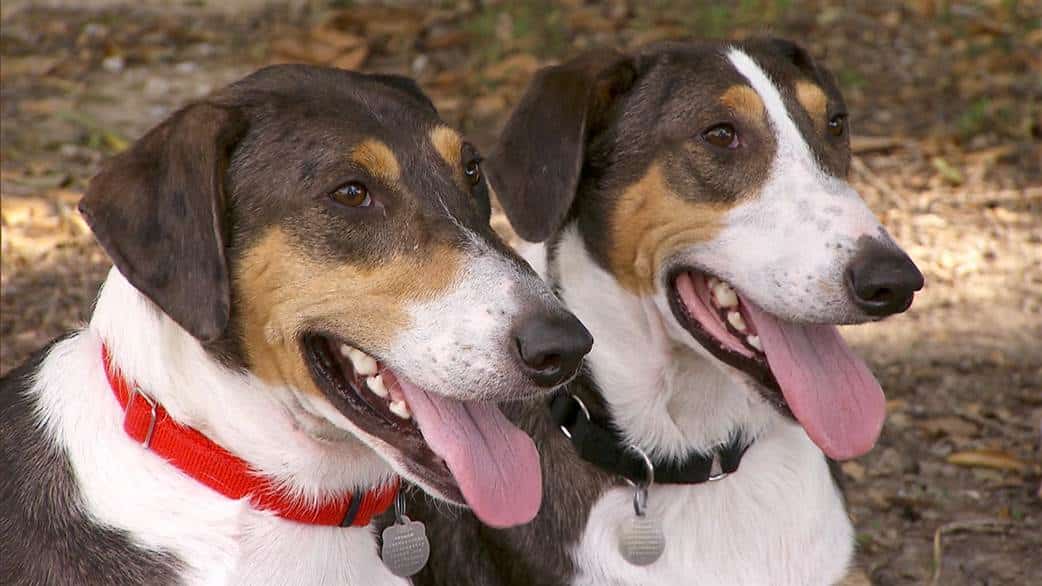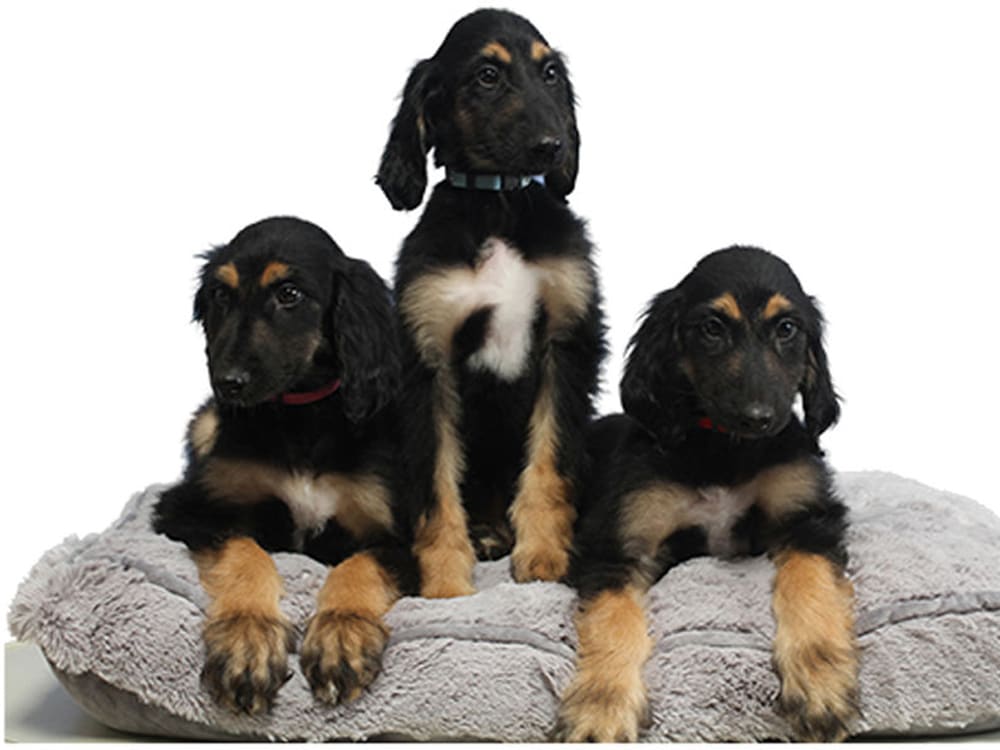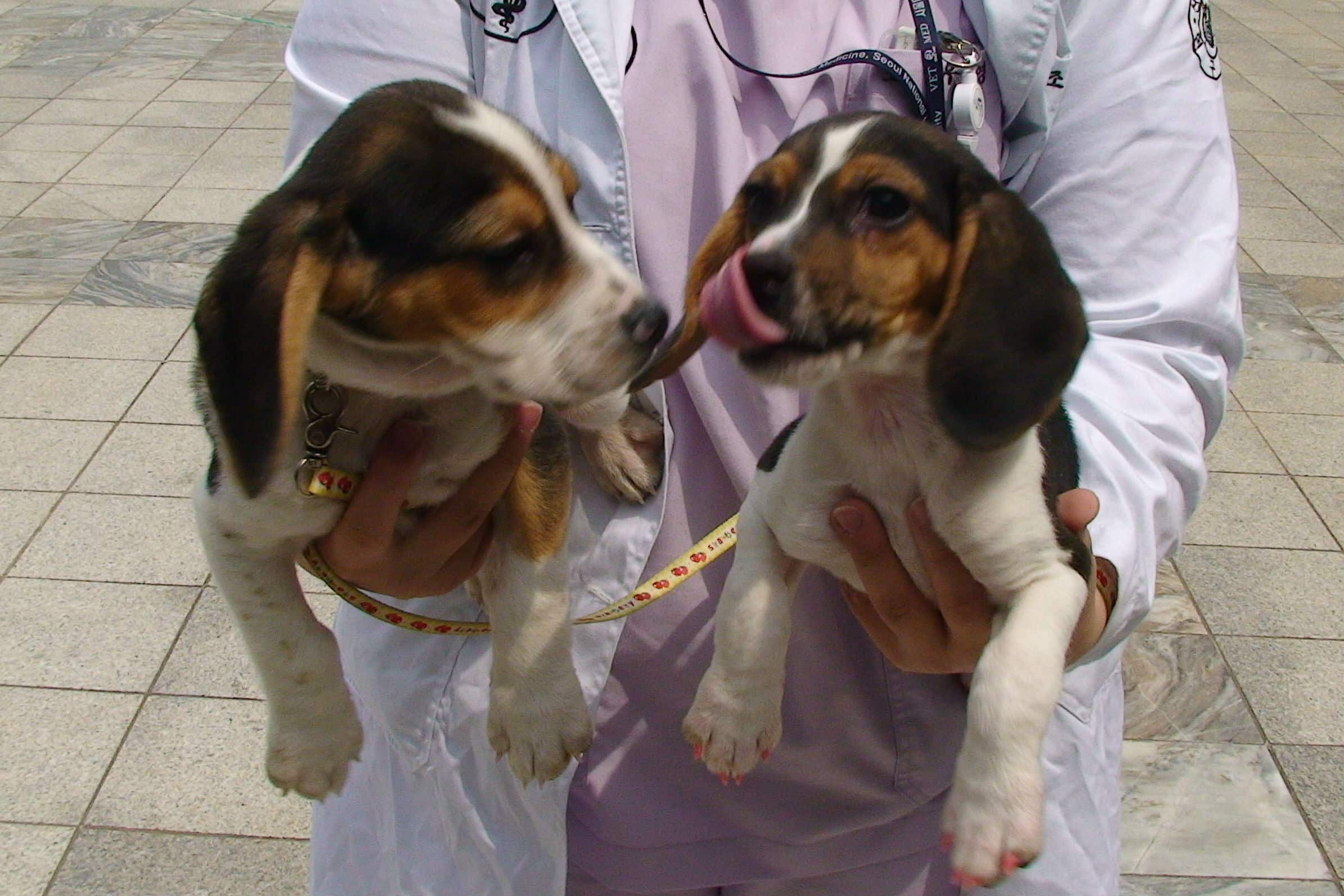During a recent interview, Barbra Streisand revealed that she had her late dog Samantha cloned after passing away last year. Ms. Streisand revealed that two of her three Coton de Tulear dogs were clones. Specifically, the two dogs named Miss Violet and Miss Scarlett, both had been cloned from cells taken from the mouth and stomach of Samantha.

How new is this technology?
Cloning dogs may be new to some of you, but the process has been available to the high-paying public for over a decade now. The first cloned dog was created in 2005, an Afghan hound named Snuppy in South Korea, named after “Seoul National University puppy”. Snuppy actually lived a full 10 years before she died of cancer. Afghan hounds typically live for 11 years, so this was considered a successful dog cloning. To take it a step even further, scientists cloned three new puppies from Snuppy, all have reportedly been living healthy and normal lives.
Companies like Sooam Biotech in South Korea, and Viagen in Texas offer the service to the high-paying public. On Their websites, both Sooam Biotech and ViaGen confirm that live births are used to create their clones.

How are dog clones made?
In an interview with Scientific American, author of a book on dog cloning, John Wostendiek explained the process:
“In addition to the tissue sample of the original dog, cloners will need to harvest egg cells from dogs in heat, at least a dozen or so. And, after zapping the merged cells with electricity so they start dividing, they’ll need surrogate mother dogs to carry the puppies to birth.”
There is tons of science behind it, basically the nucleus is removed from the original donor’s eggs and injected with material from the animal to be cloned. This process usually takes around 60 days after injection (about the same as a normal dog pregnancy).
A video by BuzzFeed showing how dog cloning works:
Are cloned animals healthy?
This largely depends on how you define “healthy.”
Believe it or not the FDA actually monitors the cloning of animals like goats and sheep. According to the agency’s website, cloned animals are generally healthy. Dog cloning can be a little more complicated because of the advancement of their reproductive system. At the Sooam Biotech lab in Korea, the process requires operating on the egg donor and the surrogate mother – two dogs who are rented from a lab-animal provider. It’s not exactly clear what happens after those two dogs are no longer needed.
The company has told media outlets in the past that the dog cloning process works only about 33 to 40 percent of the time, which means the chance of a miscarriage is highly likely. Of course, the general public only hears about the successful dog cloning and not the failures from the lab. However, after the cloning process is successful, the cloned dog has a very high chance of living a full and healthy life.

Will the clone act the same as the original dog?
Although the cloned animal contains the exact same genes as their donor, they still will have slight variations with how these genes are expressed. There can be different markings on their coat, different eye color even. Personalities vary as well, this isn’t a surprise though as dog personality is highly influenced by the environment and manner in which the puppy is born, something that is tough to replicate in a lab.

It wouldn’t be 2018 without some controversy
Although animals in the agriculture industry at typically highly regulated, cloning dogs is largely unregulated. Without public data it’s difficult to put an exact number on how many dogs are cloned annually. Many animal advocacy groups such as the Humane Society and Peta, oppose the practice.
In a statement release by Vicki Katrina of the Humane Society:
“The Humane Society of the United States opposes cloning of any animals for commercial purposes due to major animal welfare concerns. Companies that offer to clone pets profit off of distraught pet lovers by falsely promising a replica of a beloved pet. With millions of deserted dogs and cats in need of a home, pet cloning is completely unnecessary”
Peta President Ingrid Newkirk also voiced her opinion on the matter:
“We all want our beloved dogs to live forever, but while it may sound like a good idea, cloning doesn’t achieve that – instead, it creates a new and different dog who has only the physical characteristics of the original. Animal’s personalities, quirks, and very essence simply cannot be replicated, and when you consider that millions of wonderful adoptable dogs are languishing in animal shelters every year or dying in terrifying ways when abandoned, you realize that cloning adds to the homeless-animal population crisis.”



